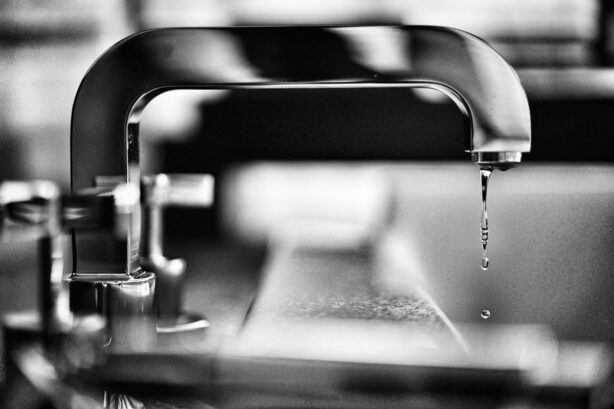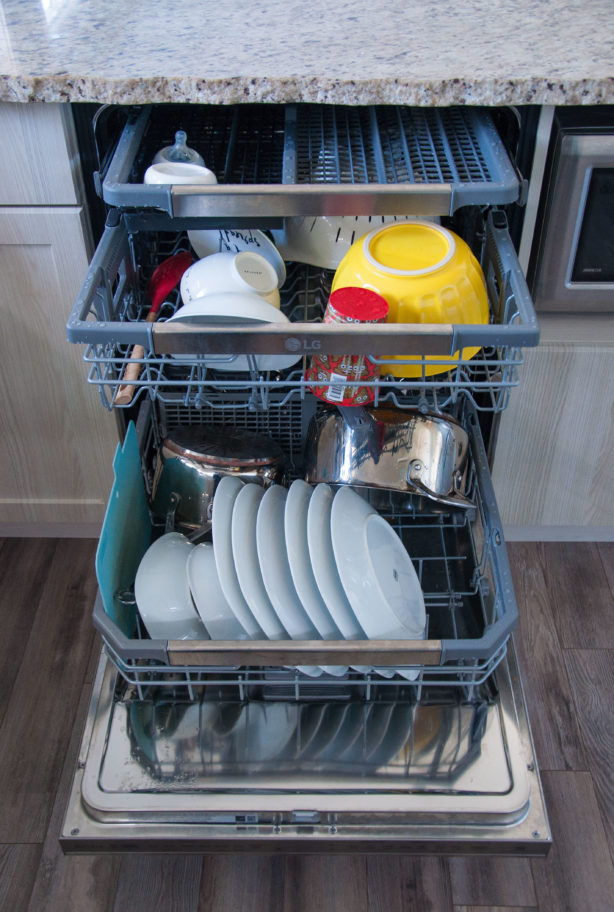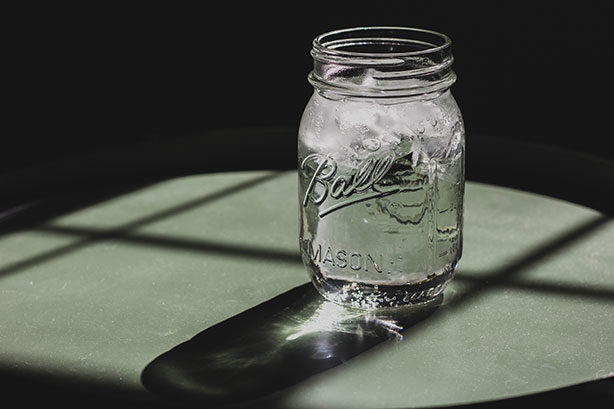If you deal with dishes that come out of the dishwasher covered in spots, or clothes that look dingy after washing, you may have hard water.
And while it may not seem like a very big issue, the minerals making your dishes look less-than-clean can cause other problems in the home as well.

To protect against these damaging deposits, you may need a water softener to remove the excess minerals from your home’s plumbing system. Learn more about how hard water affects your home below!
Hard Water Can Damage Appliances and Plumbing
The build-up of minerals inside appliances can cause damage that significantly shortens their lifespan. For example, hard water can cause calcium and limescale buildup on bathtubs and faucets.
This build-up is caused by excess calcium and magnesium minerals found in the water supply—and it forms due to reactions with the alkaline soap scum on these surfaces.
Over time, this buildup will eat away at metal fixtures inside faucets, as well as corroding the pipes themselves.
The same thing happens when using hot water for washing. Over time, appliances like coffee makers and washing machines become more likely to break due to the added wear and tear. So, save yourself money and time by investing in a water softener!
Hard Water Increases Energy Consumption
Hard water can also lead to increased energy consumption. Because of the extra minerals in the water, hot water systems like dishwashers and washing machines take longer to heat the water needed for running a cycle.
The result of that is higher utility bills at the end of each month. So, if you want to save money on your electric bill as well as extend equipment lifespan by years (or even decades), a salt-free or traditional water softener may be just what your home needs.

Salt-Free Water Softeners
If you currently drink your tap water, a salt-free water softener may be the perfect solution for your house.
Instead of adding sodium to water like traditional softeners, the best salt-free water softeners remove calcium ions from your water supply, using special resins that attract them while passing through one or more chambers inside the device.
These systems are ideal for people that want clean, fresh water to drink, and also want to ensure appliances and plumbing last as long as possible.
Keep It Maintained
A lot of people think that once they install a water-softening device inside their home, no further maintenance is needed from them—but this simply isn’t the case!
If you want to avoid any issues with your system and extend its lifespan as much as possible, then having regular checkups for cleanliness by professional repair technicians is a must.
After installation, ask your technician what maintenance your system needs and when to do it, so that you have all the knowledge you need to ensure your water softener is working at its best.

From reducing cleaning expenses to increasing lifespan of appliances, a water softener can provide a lot of benefits to your household over time.
Decide whether a traditional water softener or a salt-free system is best for you, and then look into adding one to your home so you can enjoy cleaner water, lower utility bills, and less home maintenance!

It got my attention when you said that appliances could end up getting damaged due to the added wear and tear caused by hard water. With this in mind, I will be sure to hire a pro that can help is installing a water softener at home. My husband and I recently purchased a new washing machine and coffee mixer, and we definitely don’t want them to easily get damaged.